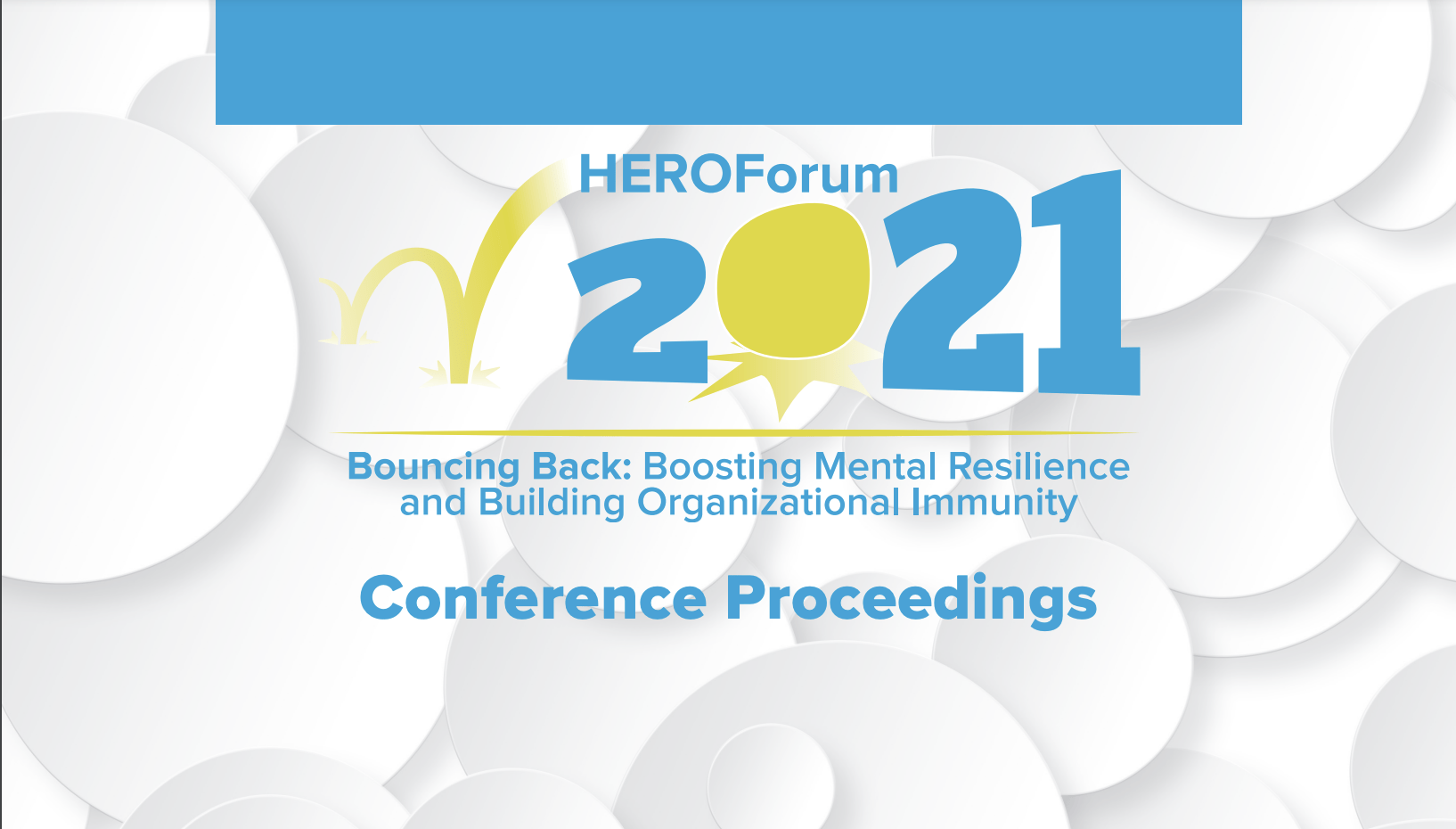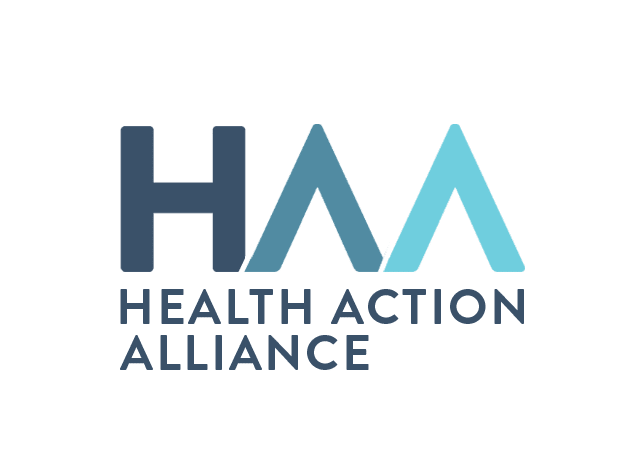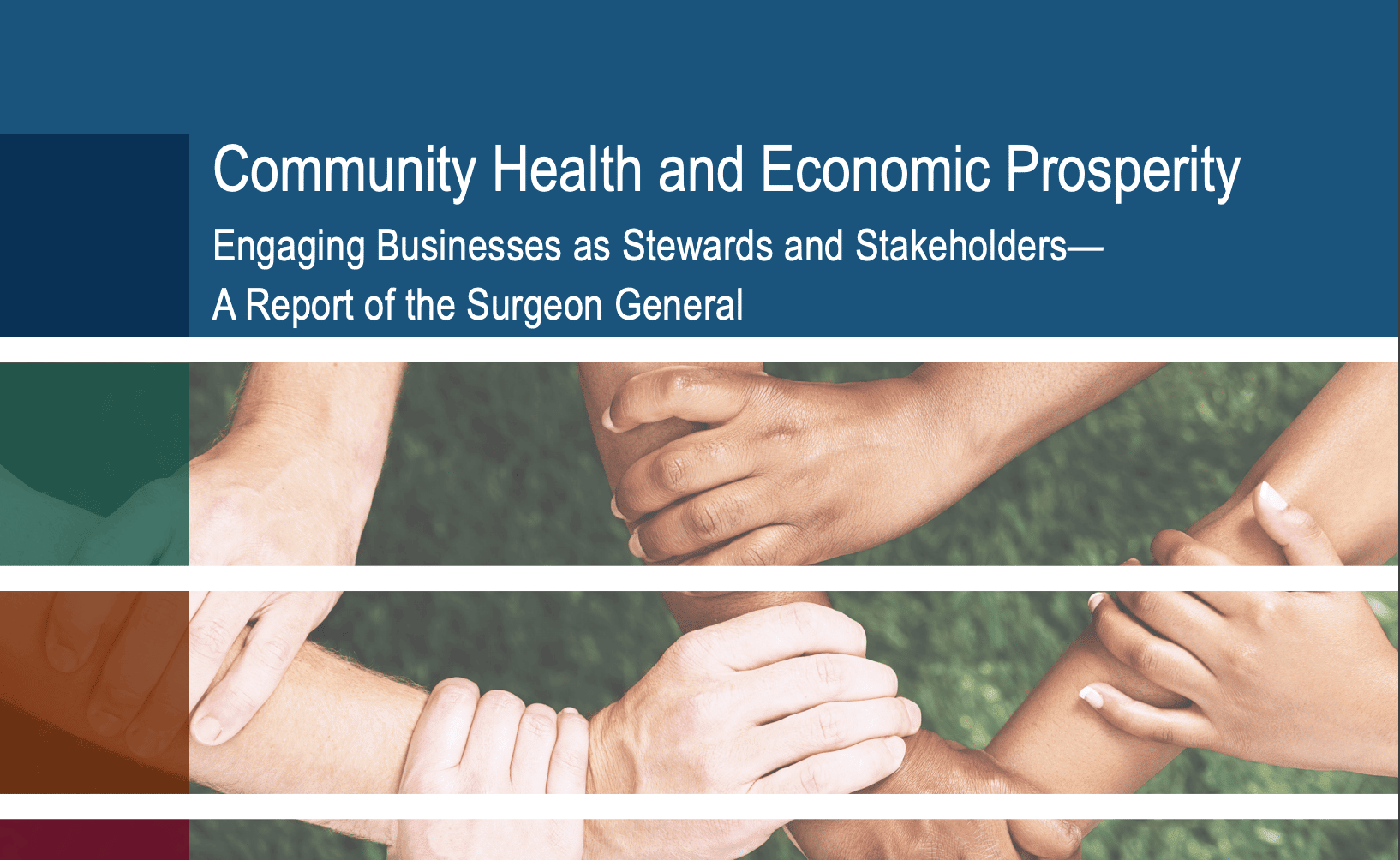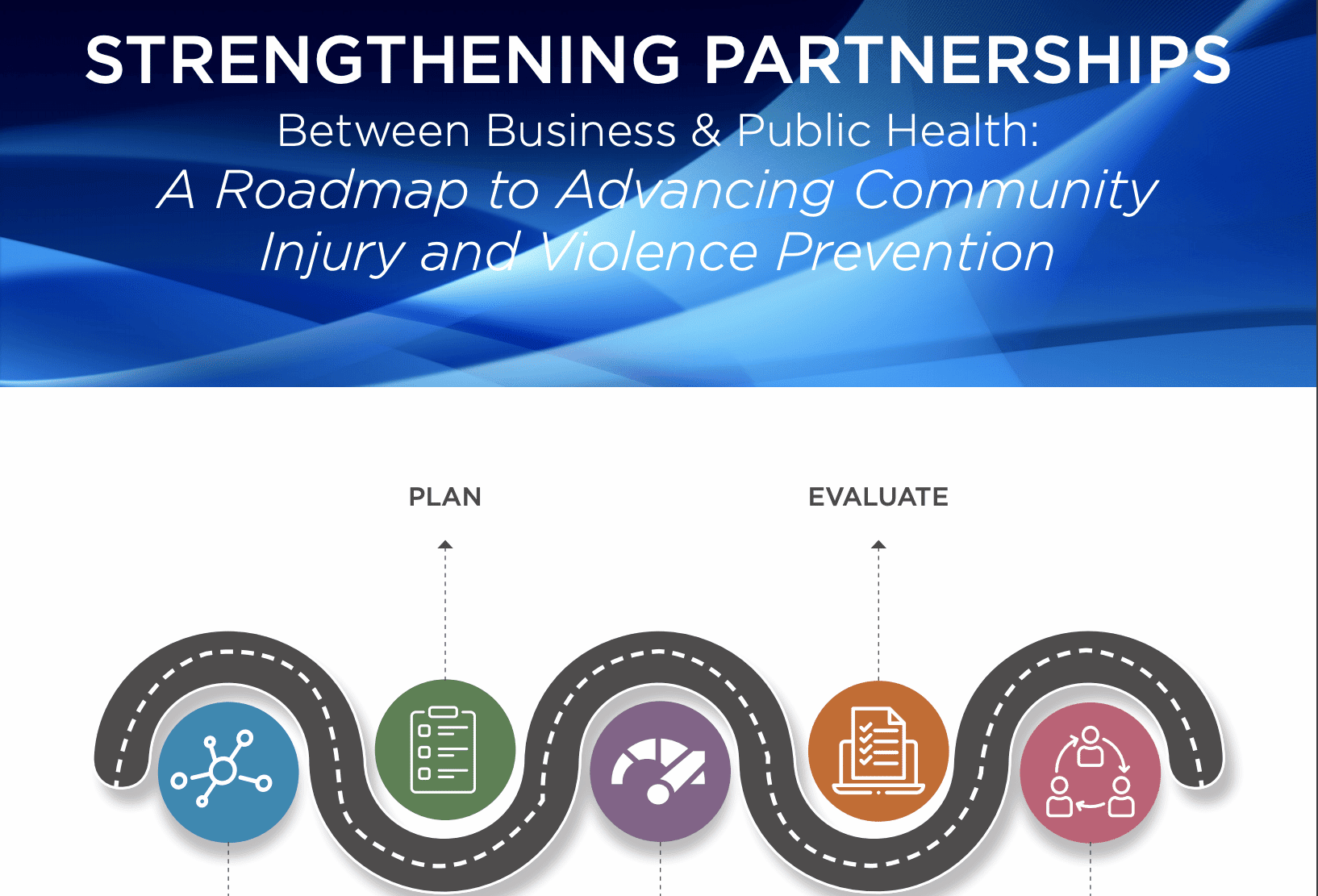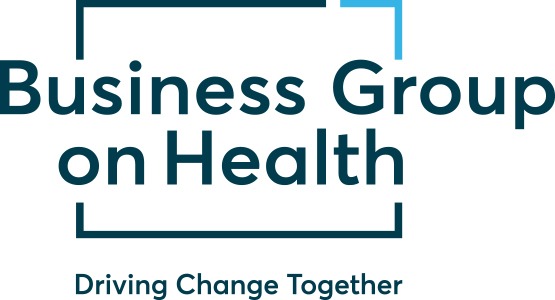The COVID-19 pandemic crystallized the inextricable link between America’s public health and economic well-being – achieving economic and social prosperity relies on having healthy and safe places to live, work, and play. The private sector can help the nation recover from the pandemic and prepare for future crises by championing policies, practices, and institutions that advance health, safety, and equity.
Your community = Your employees. A healthier community is a place where current and prospective employees are more present, more productive, and can achieve their best possible health.
Your community = Your customers. The companies that were most resilient during the pandemic were the ones that recognized the interdependency between community health and economic health early and led with bold action.
Your community = Your future. Businesses have a vested interest in the future of their communities and thus, a stake in safeguarding that future. We can’t predict what the next health crisis will be, but public health and inequities have wide-ranging effects. Building the infrastructure to support your community’s health today will help you be resilient tomorrow.
Businesses and local health departments should work together to improve community conditions that affect all residents — including the businesses’ employees, customers, and others.
IMPACT in Public Health

Health Action Alliance
The Health Action Alliance is a partnership between leading businesses, communications, and public health organizations to champion policies, practices, and institutions that advance health and safety and are also good for business. Supported by the de Beaumont Foundation, the Ad Council, the Business Roundtable, the CDC Foundation, and the Robert Wood Johnson Foundation, the Health Action Alliance provides free tools, resources, and best practices to help employers navigate evolving health challenges, advance health equity, and prepare for future health emergencies.
Aligning Business and Public Health
In partnership with the Institute for Health and Productivity Studies at the Johns Hopkins University Bloomberg School of Public Health, the de Beaumont Foundation developed “Seven Ways Business Can Align with Public Health for Bold Action and Innovation,” which presents practical steps that businesses can take to strengthen partnerships and improve the health of their employees, communities, and the nation. Released in early 2021, these recommendations were informed by focus groups and personal interviews with 40 business and public health leaders about what can be done to address the immediate COVID-19 crisis and its spillover effects on the health and well-being of Americans.
Making the Case for Partnership
Community health and business success are closely related. Companies depend on communities to provide healthy employees, consumers, and business partners, while communities depend on companies to offer jobs, stability, and opportunities to create wealth. Recognizing the interdependency between the two sectors, the “Good Health Is Good Business” report by the Bipartisan Policy Center and the de Beaumont Foundation, released in 2019, encourages collaboration between the two by putting forth the value proposition for such collaborations and detailing the potential benefits for each sector.




